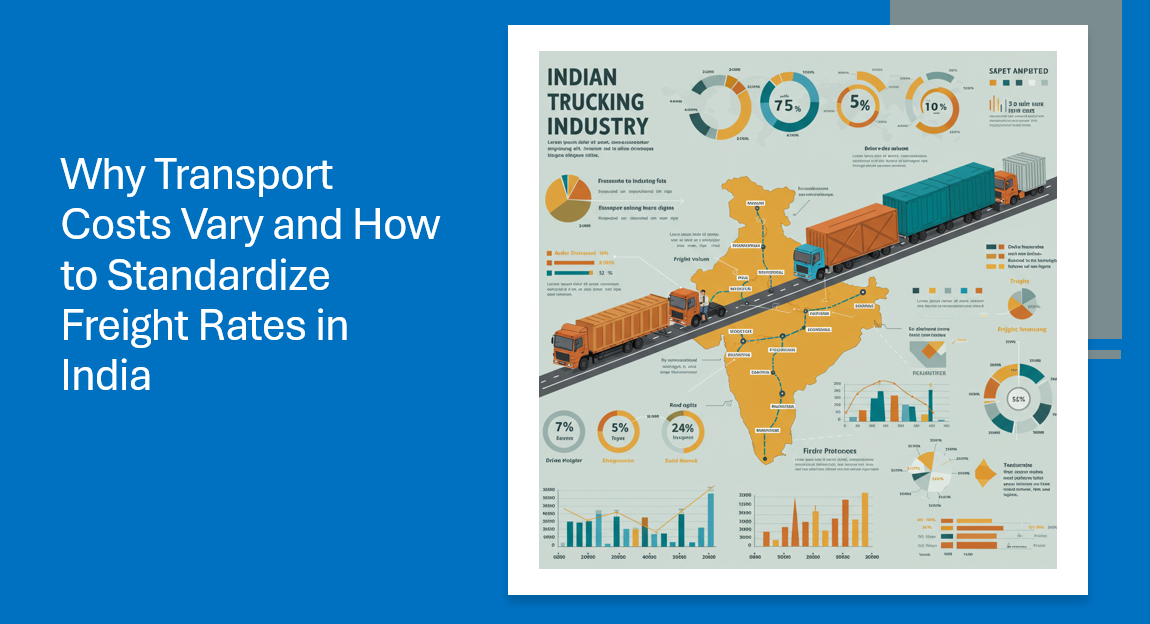India is exploring a reduction or elimination of customs duties on auto parts imported from the United States. This move is part of ongoing trade negotiations aimed at strengthening economic ties between the two countries. The decision could have significant implications for India’s automotive sector, influencing costs, technology access, and trade dynamics. Key Developments in…
India is exploring a reduction or elimination of customs duties on auto parts imported from the United States. This move is part of ongoing trade negotiations aimed at strengthening economic ties between the two countries. The decision could have significant implications for India’s automotive sector, influencing costs, technology access, and trade dynamics.
Key Developments in Trade Negotiations
| Aspect | Details |
|---|---|
| Current Duties | India currently imposes customs duties on US auto parts ranging from 10% to 15%, averaging 11%. |
| Proposed Changes | India is considering reducing or eliminating these duties to facilitate trade. |
| Trade Agreement | The move is part of bilateral trade agreement discussions to achieve mutual benefits. |
| Impact on Domestic Industry | Indian officials believe that high-cost US parts will not significantly compete with locally produced components. |
| Current Trade Volume | India exports $7 billion worth of auto parts to the US annually, while imports from the US amount to $1.5 billion. |
| US Tariff Considerations | The talks come amid concerns over potential 25% US tariffs on auto imports. |
| Future Engagements | Expert-level discussions will take place virtually, aiming for initial agreements by fall 2025. |
| Indian Component Industry Growth | The Automotive Component Manufacturers Association of India (ACMA) reported 9.8% growth in the industry to $74.1 billion in FY 2024, with EV components contributing 6%. |
Potential Impact on Indian Consumers
Positive Effects
- Lower Costs for Vehicles
- Reduced duties on US auto parts may lower production costs, making vehicles more affordable.
- Increased Competition
- The availability of US auto parts could encourage competition, leading to better-quality products and services.
- Improved Technology and Features
- Access to advanced US auto parts may drive Indian manufacturers to integrate cutting-edge safety and performance features.
- Expanded Availability of Parts
- A wider variety of auto parts, including specialized components, may become more accessible for repairs and upgrades.
Negative Effects
- Impact on Local Manufacturers
- If US auto parts gain preference, domestic manufacturers may face competitive pressures, affecting jobs and industry growth.
- Dependency on Imports
- A reliance on US components may expose India’s supply chain to global trade disruptions.
- Quality Concerns
- While US parts are often technologically advanced, variations in quality and compatibility could impact vehicle reliability.
Conclusion
India’s potential reduction of customs duties on US auto parts could benefit consumers by lowering vehicle costs, improving technology, and fostering competition. However, challenges such as risks to local manufacturers and import dependency must be carefully managed. The overall impact will depend on how effectively India balances trade liberalization with domestic industry protection.








Leave a Reply